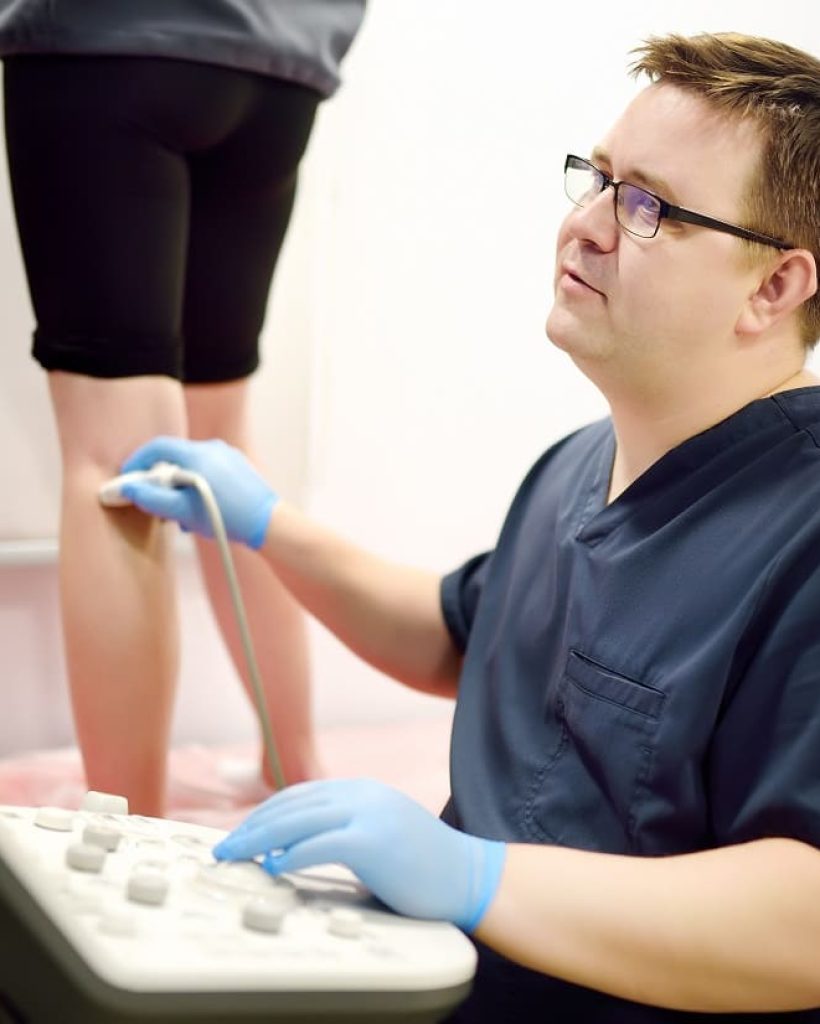Urgent Care STD Testing
The Importance of STD Testing
Regular STD testing is vital for maintaining sexual health and overall well-being. Many sexually transmitted diseases (STDs) can be asymptomatic, meaning you may have an infection without experiencing noticeable signs or symptoms. Testing allows for early identification of infections, enabling timely intervention and treatment to prevent the spread of STDs to partners and minimize the risk of complications that require urgent care.
At Pristine Family Medicine, our experienced healthcare professionals provide a supportive and non-judgmental environment for discussing your sexual health concerns and conducting the necessary tests. We offer confidential testing to ensure your privacy and deliver accurate results in a timely manner. Our team will provide guidance and information on safe sexual practices, risk reduction strategies, and available treatment options if needed. With Pristine Family Medicine, you can trust that your sexual health is in caring and capable hands.


Common STD Tests
Chlamydia and Gonorrhea Testing
These tests involve collecting samples, usually urine or swabs, to detect the presence of Chlamydia trachomatis and Neisseria.
Syphilis Testing
Syphilis is a bacterial infection that can be detected through blood tests.
HIV Testing
HIV testing involves a blood test to detect the presence of antibodies or the virus itself.
Hepatitis B and C Testing
These blood tests check for the presence of hepatitis B and C viruses, which can cause liver infections.
Herpes Testing
Herpes simplex virus (HSV) testing includes blood tests or swab tests to detect the presence of the virus that causes oral or genital herpes.
HPV Testing
Human papillomavirus (HPV) testing involves collecting cells from the cervix or other genital areas to detect high-risk HPV types that can lead to cervical cancer or other health issues.
When to Consider STD Testing
Common Urgent Care Symptoms Treated:
- If you experience any symptoms associated with STDs, such as unusual discharge, genital sores, pain during urination, or itching in the genital area.
- If you engage in unprotected sex with a new partner or a partner whose STD status is unknown.
- If you have multiple sexual partners or engage in high-risk sexual behaviors.
- If you are planning to start a new sexual relationship or before becoming sexually active.
- If you are pregnant or planning to become pregnant, as some STDs can be transmitted from mother to child during childbirth.
- If you have been notified that a previous sexual partner has been diagnosed with an STD, as you may have been exposed to the infection.


